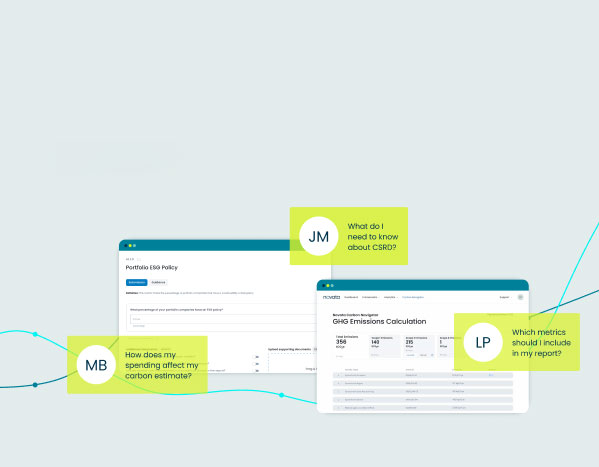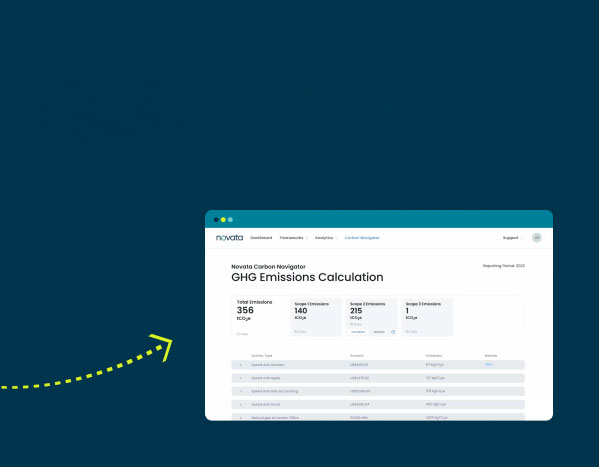Reducing greenhouse gas emissions is a vital tool in combating climate change. Achieving carbon neutrality – net zero carbon emissions through overall reduction and offsetting – is the world’s most urgent mission.
Across the globe, regulators have expanded emission disclosure rules in both public and private markets and consumers are increasingly holding brands accountable. Young talent entering the workforce say they’ll take a paycut to work at a sustainable company. Investors are increasingly scrutinizing whether companies are setting net-zero targets and in turn, studying progress toward meeting those commitments.
As the World Economic Forum notes, “CEOs that proactively address the changing landscape will be able to build a long-standing competitive advantage while playing a vital role in shaping a climate-safe global economy. Those who do not may disappear.”
Major global brands, from General Motors and Amazon to Walmart and Starbucks, have made headlines announcing aggressive targets for carbon neutrality by 2030 and 2040. Private market players also have a fundamental role to play. But where do you begin?
Getting Started on Ambitious Net Zero Targets
Assess your current carbon footprint
One of the first steps to achieving carbon neutrality is to look at your data and determine the source of your carbon emissions. Start with Scope 1 and Scope 2 emissions. Scope 1 emissions are generated directly from a business, think chemical production and vehicles. For instance, the University of Michigan identified its Scope 1 emissions to be from campus power plants, heating and cooling for buildings, and bus transport. The University is committing to eliminating those emissions across its three campuses by 2040, establishing a revolving fund for carbon neutral efforts.
Scope 2 emissions are indirect, meaning they relate to emissions from energy that is purchased by the company, such as electricity.
Identify areas for improvement
Once you understand the source of your greenhouse gas emissions, identify where your company’s greatest emissions come from and how to scale them back. To create accountability on your journey to carbon neutrality, it is important to determine actual targets and the dates by which the company plans on meeting them.
While being energy efficient can be costly, companies can and do transition into net-zero models profitably. For example, Patagonia is one business pushing both long and short-term models profitably. It has moved 87% of its fabric to recycled materials while committing to achieving carbon neutrality across its entire supply chain by 2025.
Set reasonable and measurable targets
Inauthentic action can come at a higher cost than no action at all. Greenwashing, or using sustainability as a marketing ploy without real commitment to it, can be detrimental to an organization’s perception and its bottom line. It can be avoided by setting and reporting on ambitious net-zero targets. The Science Based Targets initiative is a helpful resource, providing a step-by-step guide on how to set science-based net-zero targets.
Begin Your Carbon Accounting Journey Today
A recent report from the UN’s Intergovernmental Panel on Climate Change (IPCC) warns the climate crisis will have deeper consequences than previously reported, and we must adapt as a global society. Sustained and aggressive greenhouse gas reduction can limit further climate change and investment in climate action can help communities most at risk.
We will continue to see headlines about organizations making commitments to carbon neutrality. It’s an urgent topic both for the environment and for business. Like any ESG initiative, success requires intentional action and data from which to measure progress. Private organizations, as well as GPs and LPs, can use data to set appropriate targets, measure progress and benchmark against peers.
At Novata, we believe committing to sustainability is a must for organizations of all sizes, and we are here to help you get started. Get in touch to learn more.






